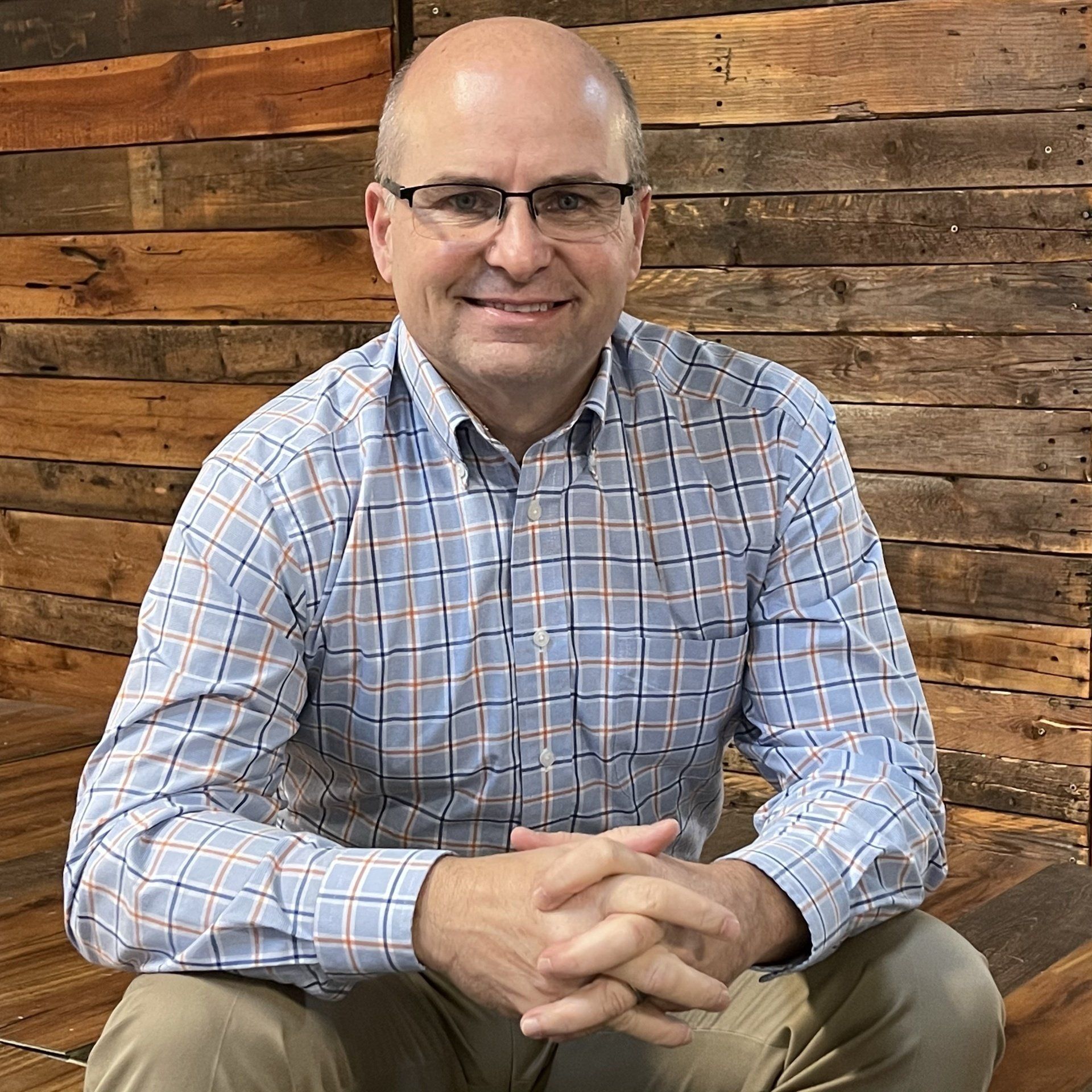Learn more about my book "The Courageous Ask"
Helping Our Leaders Hang On in 2022
“What role in your issue
did (our organization) play?” That was the question a wise board member asked me as I revealed to them that I, unfortunately, was joining the ranks of fallen leaders.
The question was one I had never considered. The answer escaped me. My only focus was that I had royally messed up, sinned against my God, betrayed my wife and my kids, and had let many people down based on one poor decision after another.
Answering the board member’s question took a back seat to the difficult personal work I needed to do and the relationships I needed to repair. But the question never left me. The question became the motivation for writing a book and these blog articles.
(This blog focuses on starting a conversation centered on preventing the fall of nonprofit leaders. I write it from a Christian perspective, but all leaders will benefit. Be sure to sign up to receive these articles via email every Tuesday at
briankreeger.com as well as taking a look at previous blog articles. In addition to receiving these articles two days before they hit social media, you will receive the article "5 Early Indicators of a Christian Nonprofit Leadership Fall" along with the Contents, Introduction and the Appendix (My story) of my book,
The Courageous Ask: A Proactive Approach to Prevent the Fall of Christian Nonprofit Leaders.)
Ultimately, the blame for a leadership fall is almost always a leader’s own. There is simply no way of getting around it—the decisions they made, the actions they took, and the words they spoke. Period.
But, you see, what kept the board member’s question on my mind (and was why he asked it) was the realization that there are many facets of the leadership role that create stumbling blocks in their Christian walk. For me, those stumbling blocks eventually manifested in me choosing to succumb to my fallen humanness and choose the wrong path.
While the leader must take responsibility to stay on the right path (my regular readers know I challenge them pretty hard in my writing), I also believe the people around a leader have a role to play in preventing a leadership fall.
“Your pastor (or Christian Leader) is more than your church leader,” says Joe Jensen, a former pastor who now works as director of strategic partnerships and church engagement at Barna Group. “He or she is also your brother or sister, a fallible human being in need of the same mercy, compassion, companionship, and encouragement as you.”1
Our leaders are only human
is a common mantra we typically say and hear, isn’t it. Do you truly believe it? Do you act on that belief? Or is it simply an abstract idea that is nice to say and consider until the leader proves their humanness and fallibility? Perhaps a little cynical, but nonetheless hard questions for most people.
The gap between the genuine sentiment that our leaders are human-where the sentiment remains abstract-and where leaders prove their humanness is where the people around a leader must act.
I maintain strongly that those around leaders have time after time watched them as they are falling, and acted surprised when it happened. How many times have we, after a leader falls, stated, “I perceived something was wrong,” or “There was just something about that person”? If we’re being honest with ourselves, we can recall such moments. I know I can.
My book and these articles encourage and empower you to proactively respond when you see a leader falling. I want to encourage you to fill the gap between the abstract idea of a leader’s humanness and the reality of it by genuinely reaching out to your leaders and providing friendship in 2022.
In a 2016 statistical update on pastors that easily relates to all Christian leaders, Churchleadership.org wrote that 58 percent of pastors stated they do not have any good, true friends. They also reported that 27 percent of pastors stated they have no one to turn to if they are facing a crisis.2
Topping the list of leadership fall causes are the loneliness and isolation that inevitably come with the role. A leader might cause that loneliness and isolation by pulling away from people, assuming they will never understand. Loneliness and isolation may also be caused by people who are afraid to approach a leader, or don’t know how to. There are tons of reasons for loneliness and isolation to blossom in the life of a leader.
But the bottom line is that people need people. Leaders need people. Pastors and Christian leaders need you as genuine friends.
To paraphrase and adapt something Tim Keller wrote, all humans desire to be fully known to our deepest levels, by at least one person, and to still be accepted and loved without condition and without judgment. That’s the love God provides for us and the love we are to provide to others.3
Your Christian leaders hunger for this type of love and you might just be the one to provide it.
Andy Vaughn wrote, “My grandparents had a ministry that basically went something like this: Get to know their pastor, and then be their friend. That’s it. They understood the drain and strain it was to constantly be ‘on.’ Always being the leader, the guide, the one with all the answers is not only tiring, but it’s also unhealthy. Pastors need friends to laugh with, to cry with, and to help counsel them along their own spiritual journey.”4
Well, that sounds like a great commitment for 2022, doesn’t it?
Pick a nonprofit leader and determine that you will support them in a variety of ways, maybe even becoming that friend they are hungering for.
For me, beyond what I do related to my personal ministry to leaders, I have determined to send a supportive and encouraging text or email to one Christian leader every day.
How about you? God might use you to be the reason a Christian leader is able to hold on.
Take the challenge and run.
Be Courageous!
Be Proactive!
Be sure to sign up to receive these articles via email every Tuesday at
briankreeger.com. In addition to receiving these articles two days before they hit social media, you will receive the article "5 Early Indicators of a Christian Nonprofit Leadership Fall" along with the Contents, Introduction and the Appendix (My Story) of my book,
The Courageous Ask: A Proactive Approach to Prevent the Fall of Christian Nonprofit Leaders.
1
“Do Christians Consider Their Pastors to be Friends?” Barna Group, www.barna.com/research/pastors-as-friends
2
Richard J. Krejcir, “Statistics on Pastors: 2016 Update,” Churchleadership.org, 2016,
http://www.churchleadership.org/apps/articles/default.asp?blogid=4545&view=post&articleid=Statistics-on-Pastors-2016-Update&link=1&fldKeywords=&fldAuthor=&fldTopic=0
3 Tim Keller, The Meaning of Marriage. Full quote, “To be loved but not known is comforting but superficial. To be known and not loved is our greatest fear. But to be fully known and truly loved is, well, a lot like being loved by God. It is what we need more than anything. It liberates us from pretense, humbles us out of our self-righteousness, and fortifies us for any difficulty life can throw at us.”
4 Andy Vaughn, “9 Ways to Support Your Pastor,” Beliefnet, accessed April 14, 2021, https://www.beliefnet.com/faiths/christianity/articles/9-ways-to-support-your-pastor.aspx.
#Leadership Fall #Leadership Survival #Nonprofit Relationships #Proactive Approach #Leadership Struggles #Leadership Battles #Christian Executive Leader #Christian Leader #Courageous Ask #Proactive #Proactive Leadership #Nonprofit Leadership #2022 #Hold On #Leadership Support #Friendship






